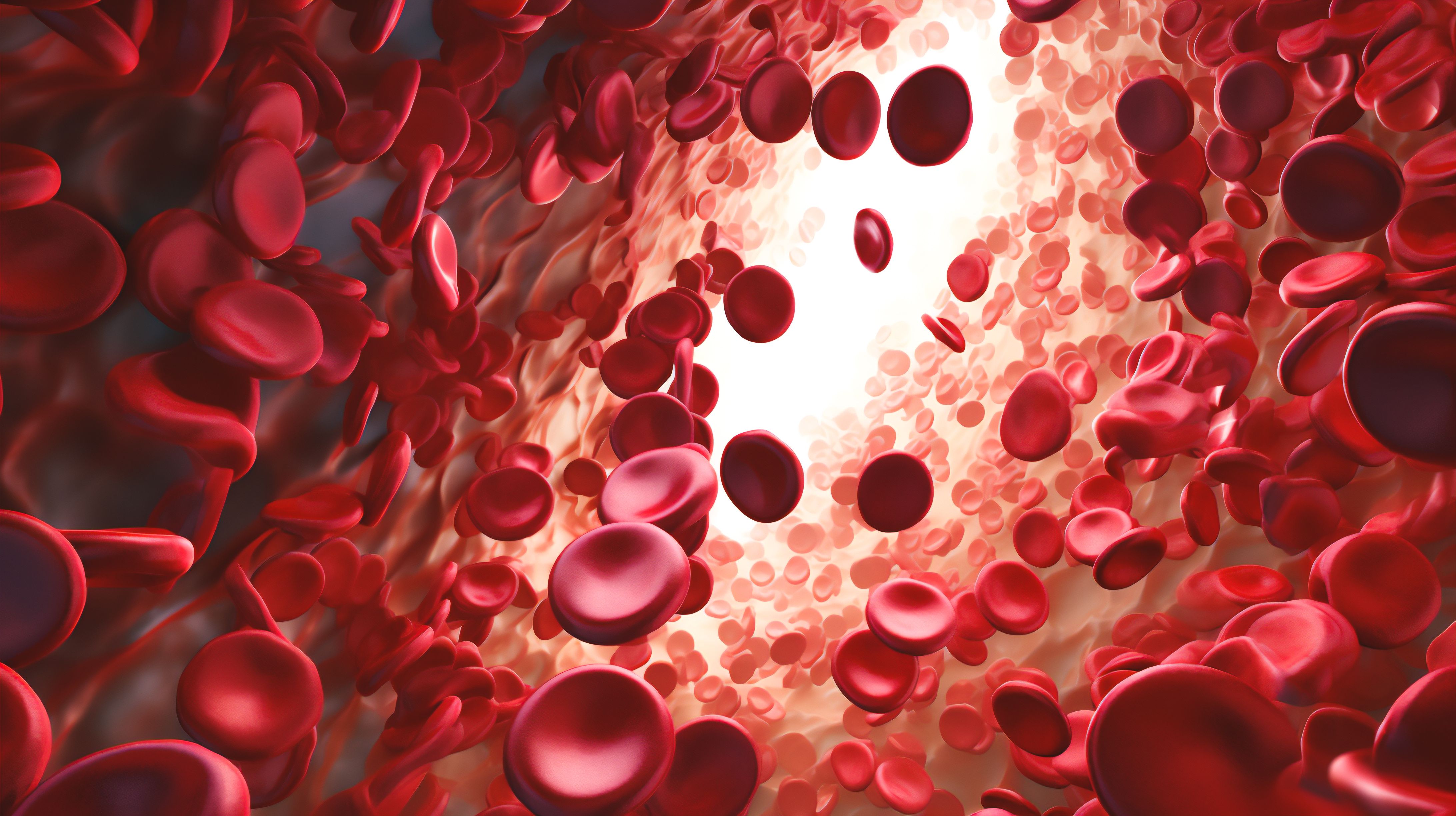Revumenib Earns FDA Priority Review in R/R KMT2Ar Acute Leukemia
Revumenib, a first-in-class Menin inhibitor, was granted priority review from the FDA for the treatment of adult and pediatric relapsed or refractory KMT2A-rearranged acute leukemia.
- Priority review from the FDA has been granted to the new drug application (NDA) for revumenib in adult and pediatric relapsed or refractory (R/R) KMT2A-rearranged acute leukemia.
- Findings from the AUGMENT-101 trial (NCT04065399) evaluating revumenib in adult and pediatric patients with KMT2A-rearranged acute myeloid leukemia (AML) and acute lymphoid leukemia (ALL) support this decision.
- A Prescription Drug User Fee Act (PDUFA) target action date has been set for September 26, 2024.

The FDA granted priority review to the NDA for revumenib in adult and pediatric R/R KMT2A-rearranged acute leukemia.1
Revumenib is a first-in-class Menin inhibitor. The NDA filing for the agent is currently being reviewed under the FDA's real-time oncology review program, which allows for a more efficient review and engagement between the sponsor and the FDA throughout the submission process.
A PDUFA date for the agent has been set for September 26, 2024.
"The receipt of priority review for the revumenib NDA filing is a significant milestone as we transition to a leading commercial-stage oncology company with the planned launches of 2 first- and best-in class drugs in 2024," said Michael A. Metzger, chief executive officer of Syndax Pharmaceuticals, in a press release. "With 2 regulatory filings now under FDA priority review, our team is focused on commercial preparations to enable Syndax's continued success as we enter this next stage of growth."
a close-up of red blood cells flowing through a vein, displaying the characteristic sickle shape Generative AI: © catalin - stock.adobe.com

Data From the AUGMENT-101 Trial
Findings from the AUGMENT-101 trial of revumenib in adult and pediatric patients with KMT2A-rearranged AML and ALL support this approval. At the protocol-defined interim analysis, the trial met its primary end point by showing a complete remission (CR) or a CR with partial hematologic recovery (CRh) rate of 23% (95% CI, 12.7%-35.8%; P =.0036).2 This was seen among the 57 patients who were in the pooled KMT2Ar acute leukemia population and were efficacy-evaluable.
In both the overall population and among patients with AML, a durable CR/CRh response was seen with a 6.4-month (95% CI, 3.4-not reached) median duration as of the data cutoff date of July 24, 2023. At this time, 46% of patients remained in response.
Ten of the 13 patients who achieved CR/CRh had minimal residual disease (MRD) status assessed, and 70% of patients were MRD-negative. In the overall cohort of 57 patients, 36 achieved an overall response, 39% (14/36) of whom underwent hematopoietic stem cell transplant. Additionally, 50% of these patients (7/14) restarted revumenib as post transplant maintenance at the time of the data cutoff.
Further findings from phase 2 AUGMENT-101 trial in this patient population were presented at the 2023 American Society of Hematology Annual Meeting. Data from the phase 1 portion of the AUGMENT-101 trial in acute leukemia were also published in Nature.1
Previously, in December 2022, the FDA granted a breakthrough therapy designation to revumenib for the treatment of adult and pediatric patients with R/R acute leukemia who harbor a KMT2A rearrangement.
REFERENCES:
1. Syndax announces FDA priority review of NDA for revumenib for the treatment of relapsed/refractory KMT2Ar acute leukemia. News release. Syndax Pharmaceuticals. March 26, 2024. Accessed March 26, 2024. https://tinyurl.com/27x4vena
2. Aldoss I, Issa GC, Thirman M, et al. Revumenib monotherapy in patients with relapsed/refractory acute leukemia topline efficacy and safety results from the pivotal augment-101 phase 2 study. Blood. 2023;142(supple 2): LBA-5. doi:10.1182/blood-2023-192042
Novel Approaches Focus on Limiting Toxicity in Older Patients With ALL
April 22nd 2024The major challenges for clinicians treating older patients with acute lymphoblastic leukemia surround the emergence of resistance to existing therapies and the toxicities associated with current chemotherapies.
Read More